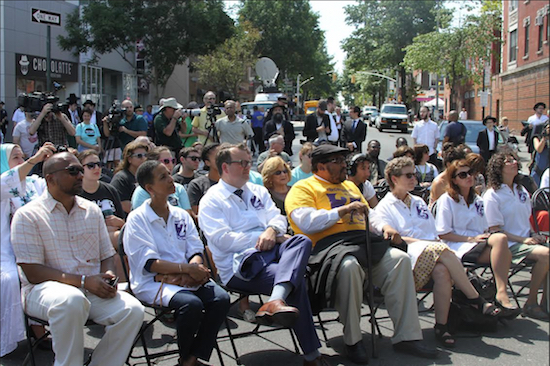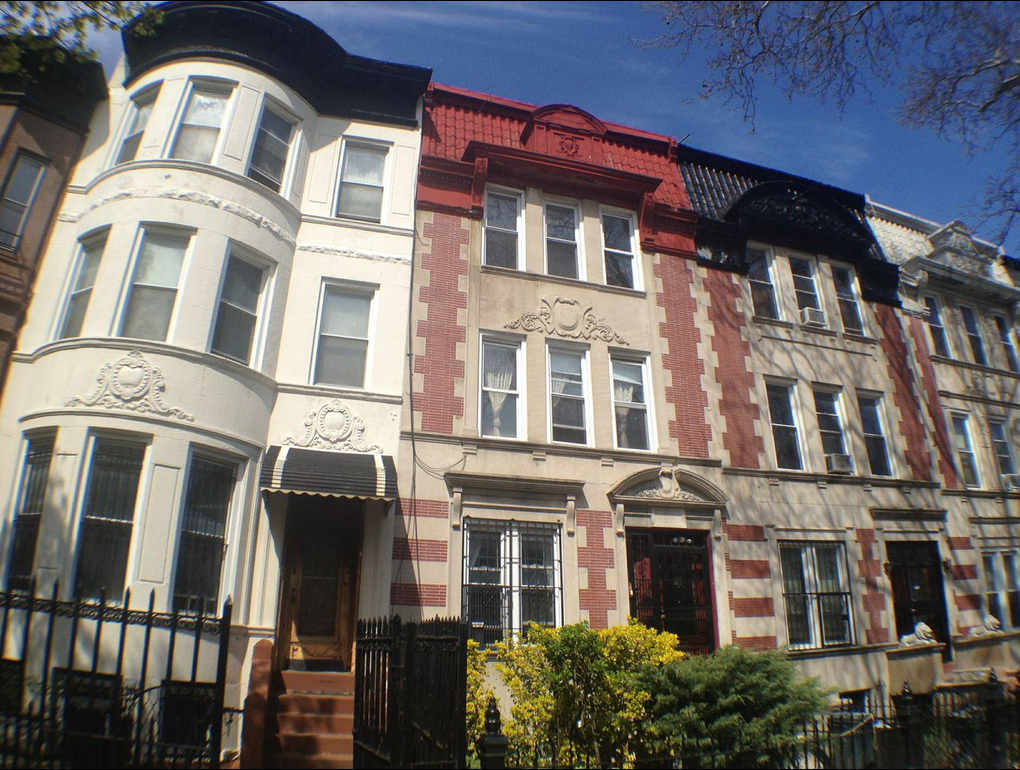NYC remembers dark chapter of Crown Heights race riot

Twenty-five years after race riots scarred a Brooklyn neighborhood, residents of Crown Heights gathered Sunday to mark the quarter-century anniversary with a memorial service, march and street festival that organizers said showed how far the community had come. Critics, however, condemned the events as insensitive.
About three dozen people gathered for a series of commemorative events, held as part of “One Crown Heights,” which organizers said was a way to bring children of different backgrounds together and acknowledge years of efforts to foster better communication and relations between ethnic groups in the neighborhood.
In August 1991, a riot broke out in the area after 7-year-old Gavin Cato was struck and killed by a car in a rabbi’s motorcade. Hours later, a Jewish doctoral student, Yankel Rosenbaum, was stabbed to death. Four days of violence followed.
